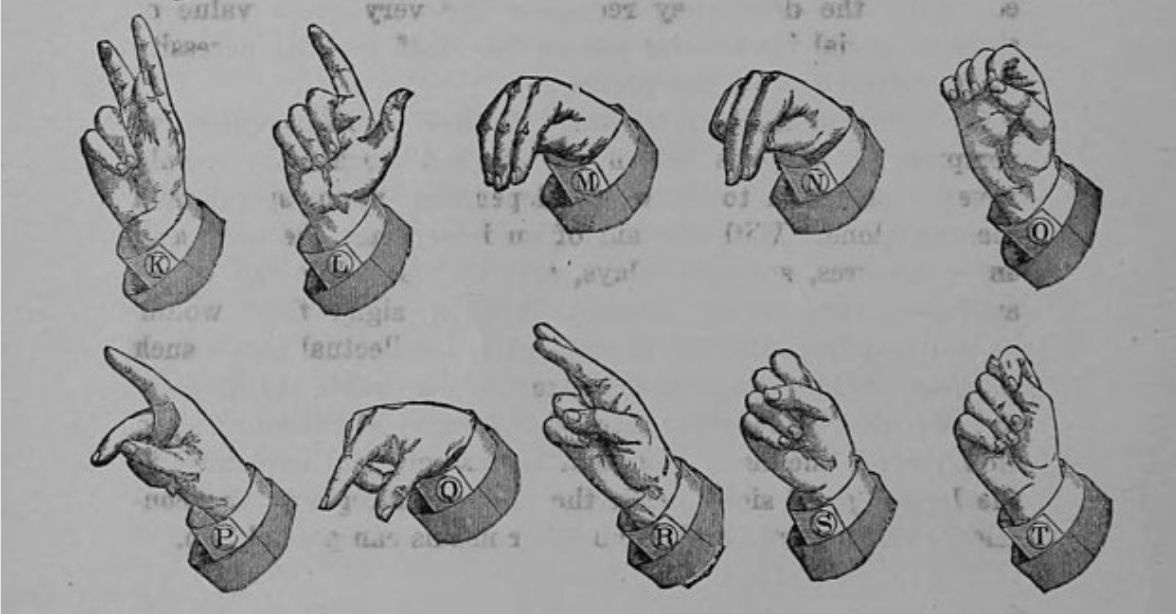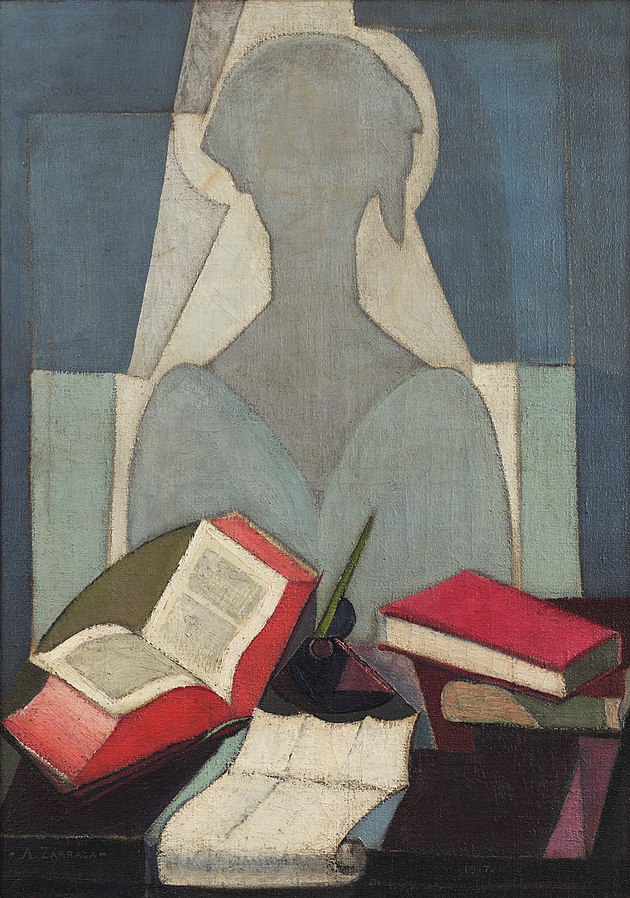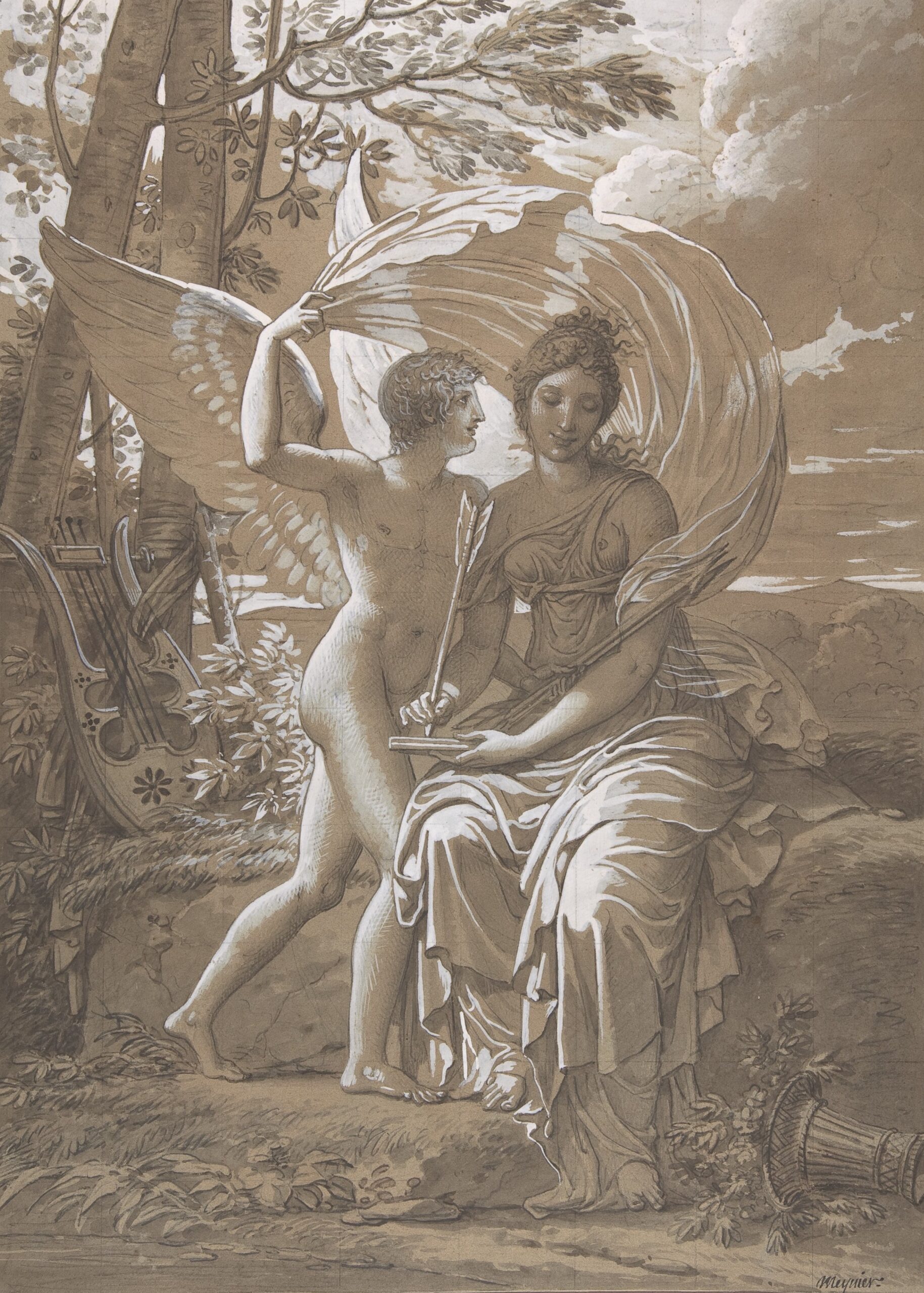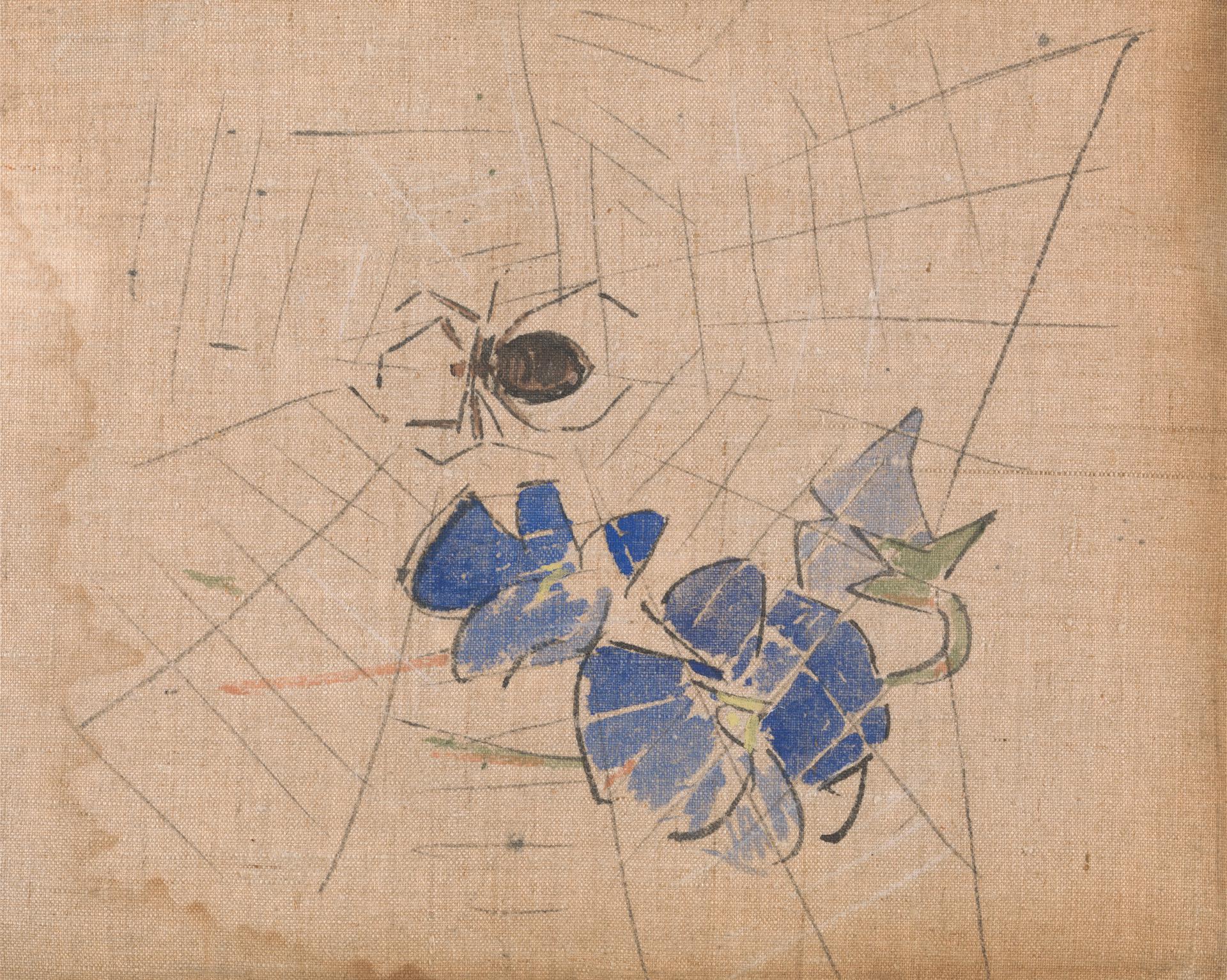
As I was taking notes for a new novel recently, I took a moment to consider point of view. Fatigued from working on one manuscript with multiple first-person limited narrators, and then another with two different narrative elements, I thought how simple it would be, how straightforward, to write this next book with an omniscient point of view. I would write a narrator who had no constraints on knowledge, location, tone, even personality. A narrator who could do anything at any time anywhere. It wasn’t long before I realized I had no idea how to achieve this.
I looked for omniscience among recent books I had admired and enjoyed. No luck. I found three-handers, like The Help. I found crowd-told narratives, like Colum McCann’s elegant Let The Great World Spin. I found what we might call cocktail-party novels, in which the narrator hovers over one character’s shoulder and then another’s, never alighting for too long before moving on.

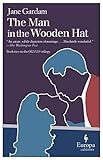 On the top layer of my nightstand alone, I found Lionel Shriver’s The Post-Birthday World and Jane Gardam’s Old Filth and The Man in the Wooden Hat. The first is a formal experiment in which alternating narratives tell the same story of a marriage—which is really two different stories, their course determined by just one action. The second two give up on shared perspective altogether, splitting the story into separate books. Old Filth tells his story and The Man in the Wooden Hat tells hers. If the contemporary novel had a philosophy, it would be Let’s Agree To Disagree.
On the top layer of my nightstand alone, I found Lionel Shriver’s The Post-Birthday World and Jane Gardam’s Old Filth and The Man in the Wooden Hat. The first is a formal experiment in which alternating narratives tell the same story of a marriage—which is really two different stories, their course determined by just one action. The second two give up on shared perspective altogether, splitting the story into separate books. Old Filth tells his story and The Man in the Wooden Hat tells hers. If the contemporary novel had a philosophy, it would be Let’s Agree To Disagree.
It’s tempting to view this current polyphonic narrative spree as a reflection on our times. Ours is a diverse world, authority is fragmented and shared, communication is spread out among discourses. Given these circumstances, omniscience would seem to be not only impossible but also undesirable—about as appropriate for our culture as carrier pigeons. It’s also tempting to assume that if we’re looking for narrative unity, we have to go back before Modernism. We can tell ourselves it was all fine before Stephen Dedalus and his moo-cow, or before Windham Lewis came along to Blast it all up.
No, if omniscience was what I wanted for my next project, I would have to look back further, to a time when the novel hadn’t succumbed to the fragmentation of the modern world.
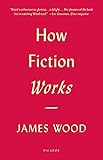 But try it. Go back to the Victorians or further back to Sterne, Richardson, and Fielding. There’s no omniscience to be found. I suppose I could have spared myself the trouble of a search by looking at James Woods’ How Fiction Works. “So-called omniscience,” he says, “is almost impossible.” It turns out that the narrative unity we’ve been looking for is actually a figment of our imagination. The novel maintains an uneasy relationship with authority—not just now, but from its very beginnings.
But try it. Go back to the Victorians or further back to Sterne, Richardson, and Fielding. There’s no omniscience to be found. I suppose I could have spared myself the trouble of a search by looking at James Woods’ How Fiction Works. “So-called omniscience,” he says, “is almost impossible.” It turns out that the narrative unity we’ve been looking for is actually a figment of our imagination. The novel maintains an uneasy relationship with authority—not just now, but from its very beginnings.
Defoe’s Robinson Crusoe is often credited with being the first novel in the English language, published in 1719. The anxieties attendant on that role are evident in the way the book is structured. Not comfortable claiming to be simply an invention, Crusoe masquerades as a true story, complete with an editor’s preface declaring the book to be “a just history of fact; neither is there any appearance of fiction in it.” Defoe originates the James Frey approach to novel-writing, using the pretense of truth as a source of narrative power.
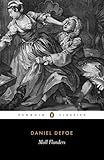
 He repeats almost the same phrasing four years later, in Roxana: “The foundation of this is laid in truth of fact, and so the work is not a story, but a history.” The words seem redundant now—truth, fact, foundation, history. It’s a protesting-too-much that speaks to the unsettled nature of what Defoe was doing: telling a made-up story of such length, scope, and maturity at a time when doing so was still a radical enterprise.
He repeats almost the same phrasing four years later, in Roxana: “The foundation of this is laid in truth of fact, and so the work is not a story, but a history.” The words seem redundant now—truth, fact, foundation, history. It’s a protesting-too-much that speaks to the unsettled nature of what Defoe was doing: telling a made-up story of such length, scope, and maturity at a time when doing so was still a radical enterprise.
But the most interesting expression of the novel’s predicament comes one year before Roxana, in 1722, when Defoe opens Moll Flanders with an excuse: “The world is so taken up of late with novels and romances that it will be hard for a private history to be taken for genuine.” It’s a clever move. Defoe acknowledges the existence of enough novels that you’d think his position as novelist would be secure (the more the merrier), but he insists that he’s doing something different—and then in the same breath assumes our lack of interest and then preempts it by setting up the other novels as tough competition.
Defoe’s pretense of editors, prefaces, and memorandums is the first stage of what I’ll call the apparatus novel, followed a decade or two later by its close cousin, the epistolary novel. Like its predecessor, the epistolary novel can’t just come out and tell a made-up story—never mind tell one from an all-knowing point of view. In Richardson’s Clarissa especially, the limitations of the individual letter-writers’ points of view create an atmosphere of disturbing isolation. As we read through Clarissa’s and Lovelace’s conflicting accounts, we become the closest thing to an omniscient presence the novel has—except we can’t trust a word of what we’ve read.
So where is today’s omniscience-seeking reader to turn? Dickens, don’t fail me now? It turns out that the Inimitable Boz is no more trustworthy in his narration than Defoe or Richardson or the paragon of manipulative narrators, Tristram Shandy. In fact, Dickens’ narrators jump around all over the place, one minute surveying London from on high, the next deep inside the mind of Little Dorrit, or Nancy, or a jar of jam. Dickens seems to have recognized the paradox of the omniscient point of view: with the ability to be everywhere and know everything comes tremendous limitation. If you’re going to let the furniture do the thinking, you’re going to need the versatility of a mobile and often fragmented narrative stance.
 And Dickens is not alone in the 19th century. The Brontës? Practically case studies for first-person narration. Hardy? Maybe, but he hews pretty closely to one protagonist at a time. (Though we do see what’s happening when Gabriel Oak is asleep in Far From the Madding Crowd.) Dickens good friend Wilkie Collins (who famously said the essence of a good book was to “make ‘em laugh, make ‘em cry, make ‘em wait”)? The Moonstone is a perfect example of the apparatus novel, anticipating books like David Mitchell’s Cloud Atlas, complete with multiple narrators, various types of discourse, and full of statements that successive narrators correct or undermine.
And Dickens is not alone in the 19th century. The Brontës? Practically case studies for first-person narration. Hardy? Maybe, but he hews pretty closely to one protagonist at a time. (Though we do see what’s happening when Gabriel Oak is asleep in Far From the Madding Crowd.) Dickens good friend Wilkie Collins (who famously said the essence of a good book was to “make ‘em laugh, make ‘em cry, make ‘em wait”)? The Moonstone is a perfect example of the apparatus novel, anticipating books like David Mitchell’s Cloud Atlas, complete with multiple narrators, various types of discourse, and full of statements that successive narrators correct or undermine.

 This isn’t to say that there are no omniscient novels anywhere. Look at Eliot or Tolstoy, to jump cultures, or Austen. Sure, the line on Austen is that she could only write about drawing-room life, but she still writes books in which the narrator knows everything that’s going on in the novel’s world. Pride and Prejudice begins with its famous statement about men, money, and wives, and then easily inhabits the minds of various members of the Bennett family and their acquaintances—not through first-person limited, but through the more detached and stance of a true omniscient narration. Doubtless, readers could come up with other works written from an all-knowing perspective. Friends have suggested books as different as The Grapes of Wrath and One Hundred Years of Solitude as omni-contenders.
This isn’t to say that there are no omniscient novels anywhere. Look at Eliot or Tolstoy, to jump cultures, or Austen. Sure, the line on Austen is that she could only write about drawing-room life, but she still writes books in which the narrator knows everything that’s going on in the novel’s world. Pride and Prejudice begins with its famous statement about men, money, and wives, and then easily inhabits the minds of various members of the Bennett family and their acquaintances—not through first-person limited, but through the more detached and stance of a true omniscient narration. Doubtless, readers could come up with other works written from an all-knowing perspective. Friends have suggested books as different as The Grapes of Wrath and One Hundred Years of Solitude as omni-contenders.
All the same, what seems key about the novel is that what we think of as a historical evolution—or a descent from a unified to a fragmented perspective—isn’t an evolution at all. In fact, the novel has always been insecure. It’s just that the manifestation of its insecurity has changed over time. At the outset, it tried to look like a different sort of artifact, a different kind of physical manuscript almost: the novel masked as a diary or a journal—because, really, who knew what a novel was anyway? Later, seeking to convey more intimate thoughts, it took the form of letters, acting like a novel while pretending to be something else, just in case. This is a genre that constantly hedges against disapproval. It’s like a teenager trying not to look like she’s trying hard to be cool. (Novel, who me? Nah, I’m just a collection of letters. I can’t claim any special insight. Unless you find some, in which case, great.)
Omniscience is something that the novel always aspires for but never quite achieves. It would be nice to have the authority of the all-seeing, all-knowing narrator. But we are too tempted by other things, like personality, or form, or the parallax view that is inherent to our existence. This is why, I think, when you ask readers to name an omniscient novel, they name books that they think are omniscient but turn out not to be. Wishful thinking. The omniscient novel is more or less a utopia, using the literal meaning of the word: nowhere.
Appropriately, Thomas More structured Utopia as a kind of fiction, an apparatus novel about a paradise whose exact location he had missed hearing when someone coughed. This was in 1516, two full centuries before Robinson Crusoe, making Utopia a better candidate for First English Novel. But that’s a subject for another day.
[Image credit: Tim]












